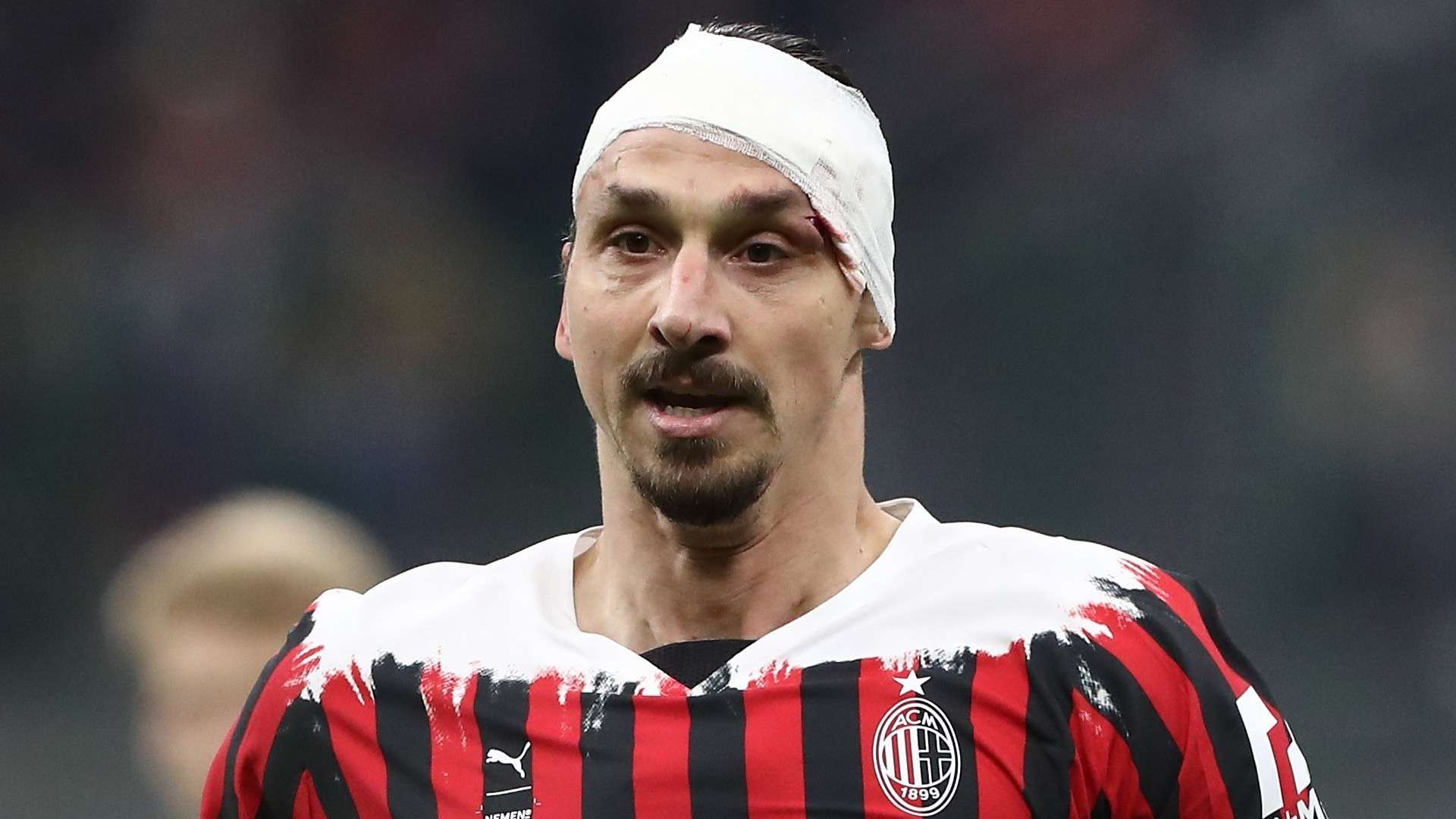Footballers at the very highest level are finely-tuned athletes that can consider themselves to be some of the most physically imposing specimens on the planet, but even they have to prove that fitness occasionally. That could be making a positive impression to a demanding coach or recovering from injury, but the most strenuous of tests tend to be carried out when moving from one club to another.
Medicals are now part of football’s fabric, as they boast the potential to make or break big-money deals, but what takes place during said examinations and how do certain boxes get ticked? GOAL takes a look…
What happens in a football medical?
There are numerous hurdles to clear before a transfer can be completed, with financial details undoubtedly the most important of those as some eye-watering figures change hands.
Any player looking to be on the move will, however, have to prove to potential new employers that they are ready to hit the ground running and are unlikely to spend an unfortunate amount of time in any given treatment room.
There is no exact science here, with it possible to pick up injuries at any point, but medical staff charged with casting an eye over fresh faces can help to remove an element of risk by determining how robust anybody put in front of them is.
The areas covered in a medical are:
Heart and health |
Musculoskeletal stability |
Isokinetic issues |
Deep scanning |
Body fat score |
Ergometric sprint test |
Cardiac screening is an important part of any medical, alongside a heart health history questionnaire. Blood and general fitness checks are also common, while urine samples allow issues such as diabetes to be detected.
Physio teams look for possible weak spots in the skeletal structure, in areas like the back and pelvis, as this can lead to hamstring and adductor problems. Muscle movement will also be assessed as squats and lunges are carried out.
Medical teams can also determine how muscle groups work together and identify any potential weaknesses which may hint at a previous injury that has not fully recovered. Knee flexion and extension drills help here.
Anyone with a history of injury issues will be sent for an ultrasound scan. These help to assess the majority of muscle and joints.
Bioelectrical Impedance technology is a body fat monitor that sends electrical signals through the body to measure lean tissue and fat. Most professional footballers will be expected to have around 10 per cent body fat.
Sprint tests measure a player’s speed over a certain distance. These results will be of particular note for managers seeking out additions in specialist areas of the field.
Medicals may also include vision, hearing and dental tests depending on how thorough the examination needs to be and whether any possible problems have been raised there.
How is a medical passed or failed?
Medicals take place as teams seek to ensure that they are getting value for money and no damaged goods.
Dave Fevre – who has worked with Manchester United, Blackburn Rovers and Great Britain Rugby League – has told FourFourTwo of the process: “I liken it to when you go out and buy a second-hand car – you can take a risk on it being okay based on what you see, or if you’re wise you'll invest after having an inspection from experts like the AA.
“When you look at the amount of money paid for players it’s really in the club’s benefit to ensure to the best of your ability that what you’re getting is in good working order.”
On a similar theme, Burnley’s club doctor Simon Morris has told the Premier League: “If you’ve got enough money to buy an expensive sports car, you’d want to look under the bonnet, wouldn’t you?”
While the merits of carrying out a medical are obvious, how does one pass or fail such a test?
There are no definitive answers there as every club will be working to a slightly different rulebook and will draw up their own conclusions accordingly.
Dr Charlotte Cowie, who has spent time with Tottenham and Fulham, has told BBC Sport about reaching a decision: “My ideal medical would probably last about four hours.
“One man's fail is another man's pass. It really depends on where the player is injury-wise, what the manager and the club want from that player and what it's going to cost. It's a risk-benefit analysis.”
